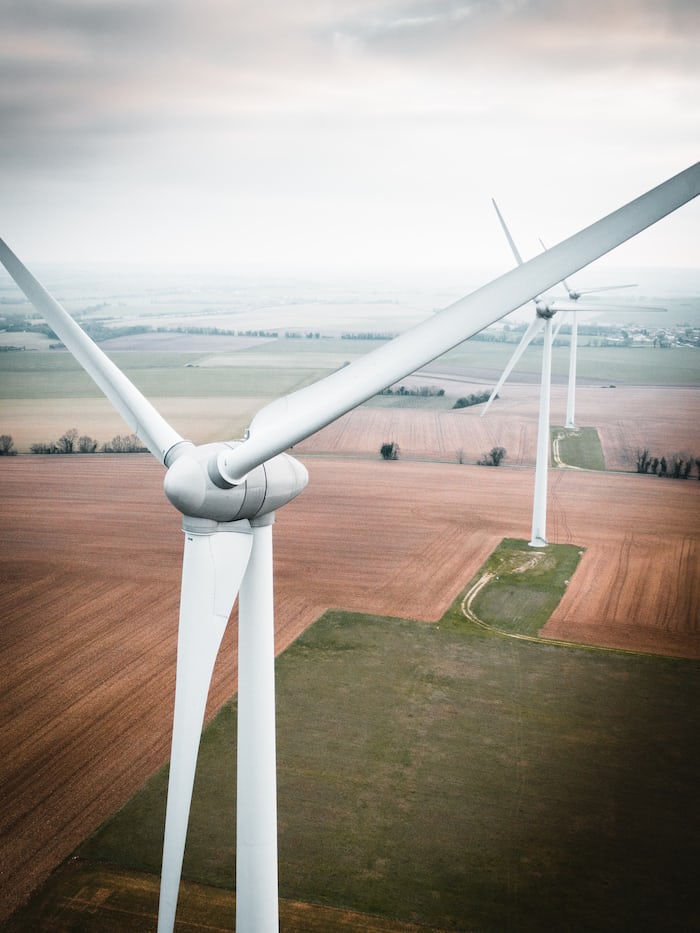Clean energy company Husk Power Systems has secured $103 million in a Series D round, including $43 million in equity and $60 million in debt financing. The company will use the funds to accelerate the deployment of solar mini-grids providing electricity access across Africa and Asia.
Since 2008, Husk has pioneered solar mini-grids to electrify rural communities lacking reliable power. It now aims to install 500 mini-grids in Nigeria over five years as part of a broader plan for 1,500 mini-grids across Africa and India.
The Series D backers include new investors STOA Infra & Energy, the U.S. International Development Finance Corporation, Proparco, and existing investors like Shell Ventures and Swedfund. The debt portion comes from development banks like the IFC and EIB.
The rise cements Husk as a leader in rural electrification using renewable mini-grids. To date, it has deployed over 200 systems in Nigeria and India. Mini-grids have the potential to provide 500 million people in Africa with clean energy this decade, per World Bank estimates.
Originally focused on energy access, Husk has evolved into an integrated platform beyond electricity sales. It now offers solar rooftop installations, energy-efficient appliances, EV charging and other sustainability services.
Co-founder and CEO Manoj Sinha said Husk applies AI and IoT to make its mini-grid operations more automated and data-driven. This includes monitoring usage patterns to optimise energy supply and demand.
A customer app also enables digital payments, reducing cash dependence. The app provides real-time monitoring to help customers manage consumption. Husk’s e-commerce platform sells energy-efficient devices with quick delivery.
The $103 million will expand Husk’s African footprint, with Nigeria a priority market given its acute energy poverty. Two-thirds of the funds will go toward the goal of 500 Nigerian mini-grids. Husk also eyes potential expansion into Congo, Zambia and Madagascar.
With its mini-grids already avoiding 25,000 tonnes of carbon emissions, Husk projects its growth will increase impact exponentially in coming years.
Sinha believes public-private partnerships will be key for companies like Husk to achieve universal electrification in Africa through mini-grids. Coordinating with governments can enable faster scaling.
While Husk faces competitors like Nuru and CrossBoundary, it touts strengths like lower energy costs and advanced analytics. Sinha says Husk focuses more on smaller villages versus rivals.
Husk became EBITDA positive last quarter and expects to add 2,500+ employees alongside its mini-grid growth. It may also pursue an IPO by 2027 to fund its bold plan for 1,500 mini-grids across Africa and Asia.
With the Series D, Husk is primed to accelerate clean energy access, starting with 500 mini-grids in Nigeria. Its evolving model also underscores how renewables can drive wider sustainability in rural communities lacking power.



